Back to Courses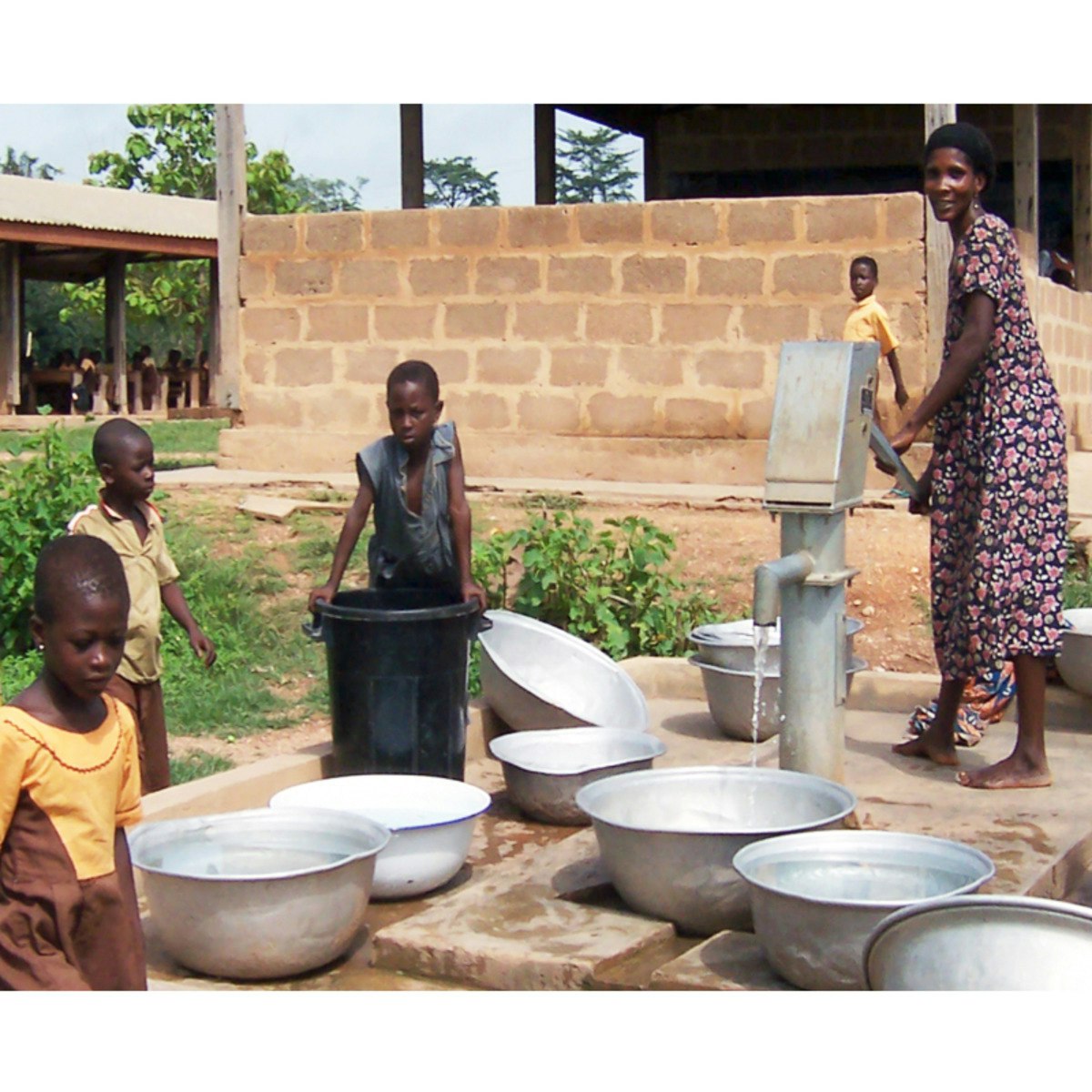

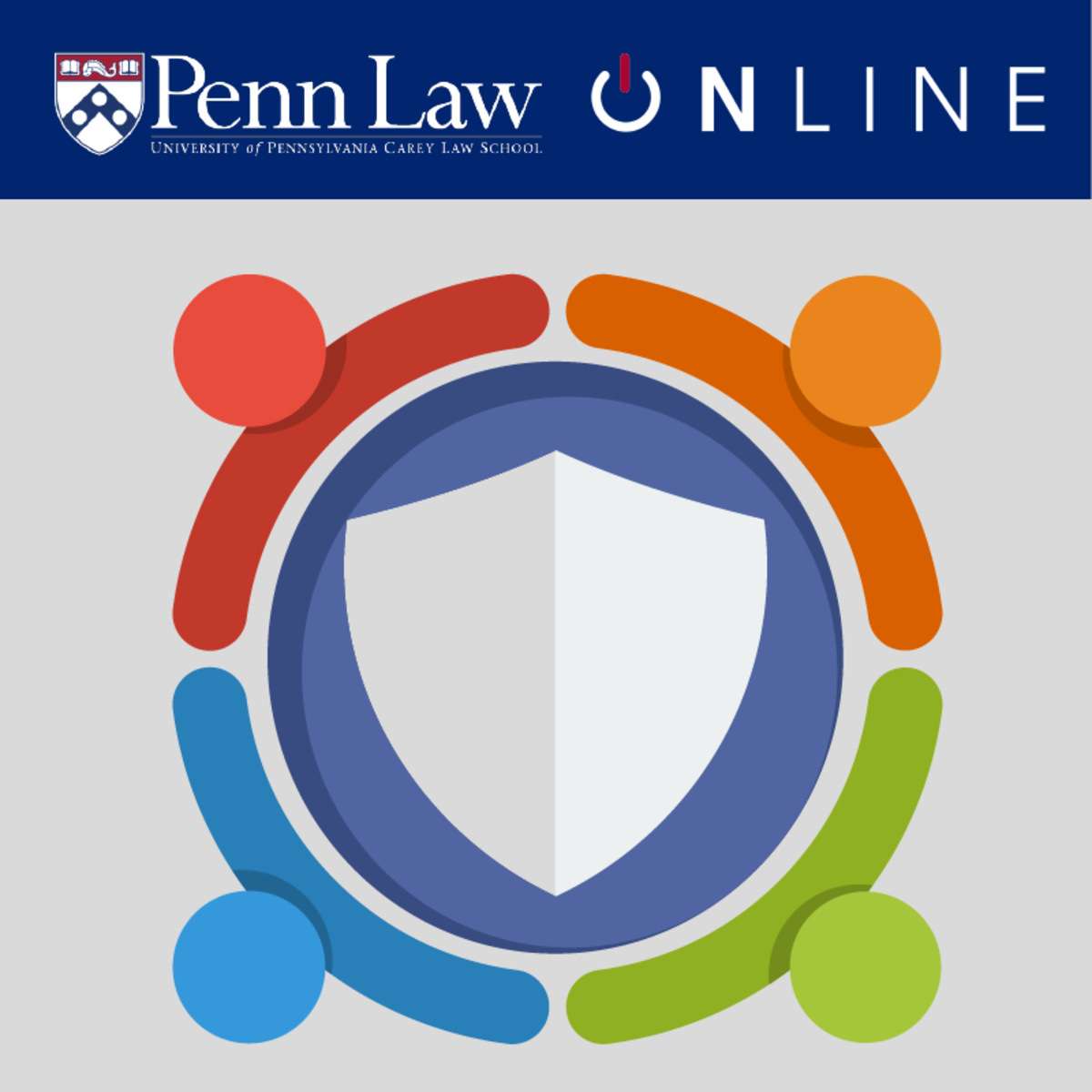



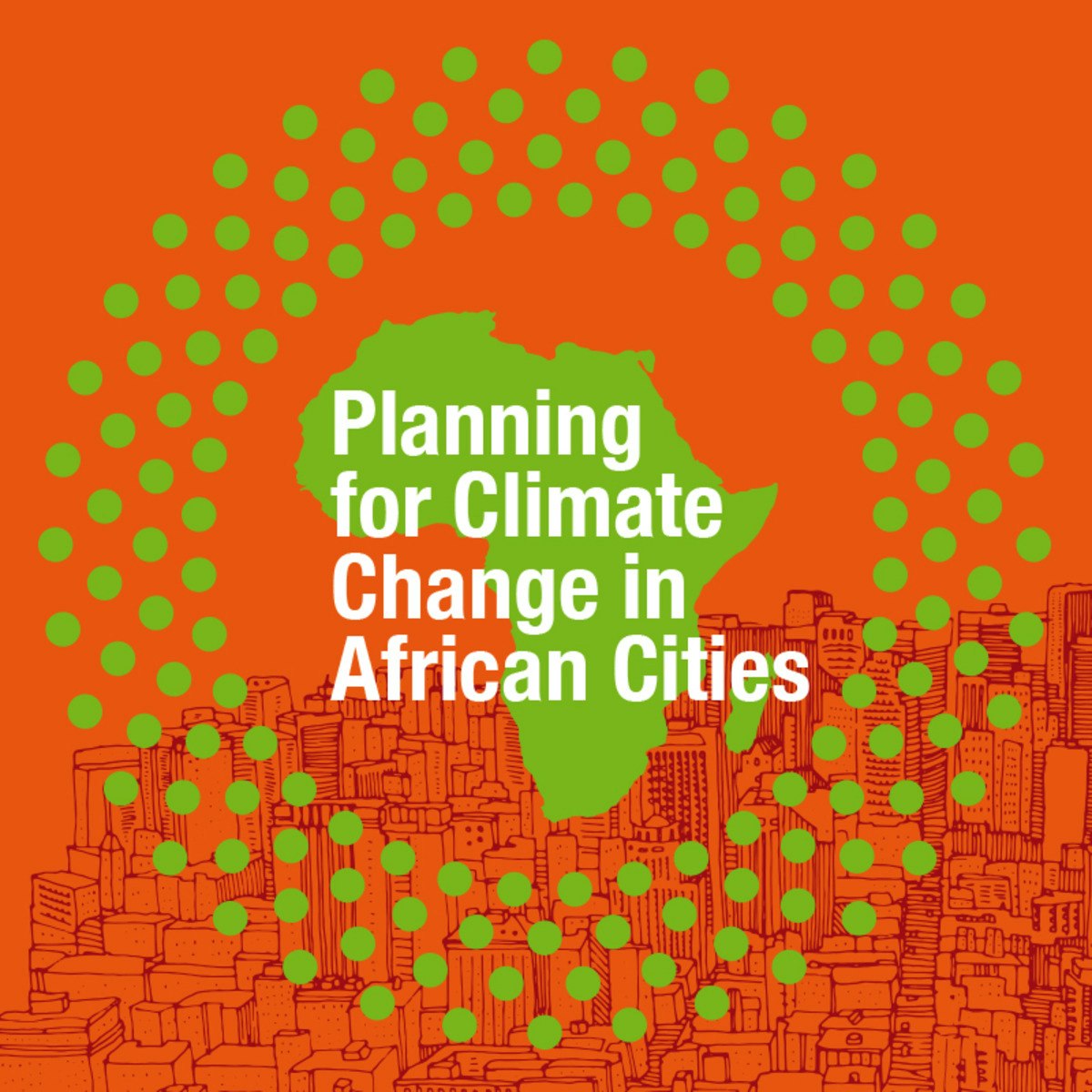
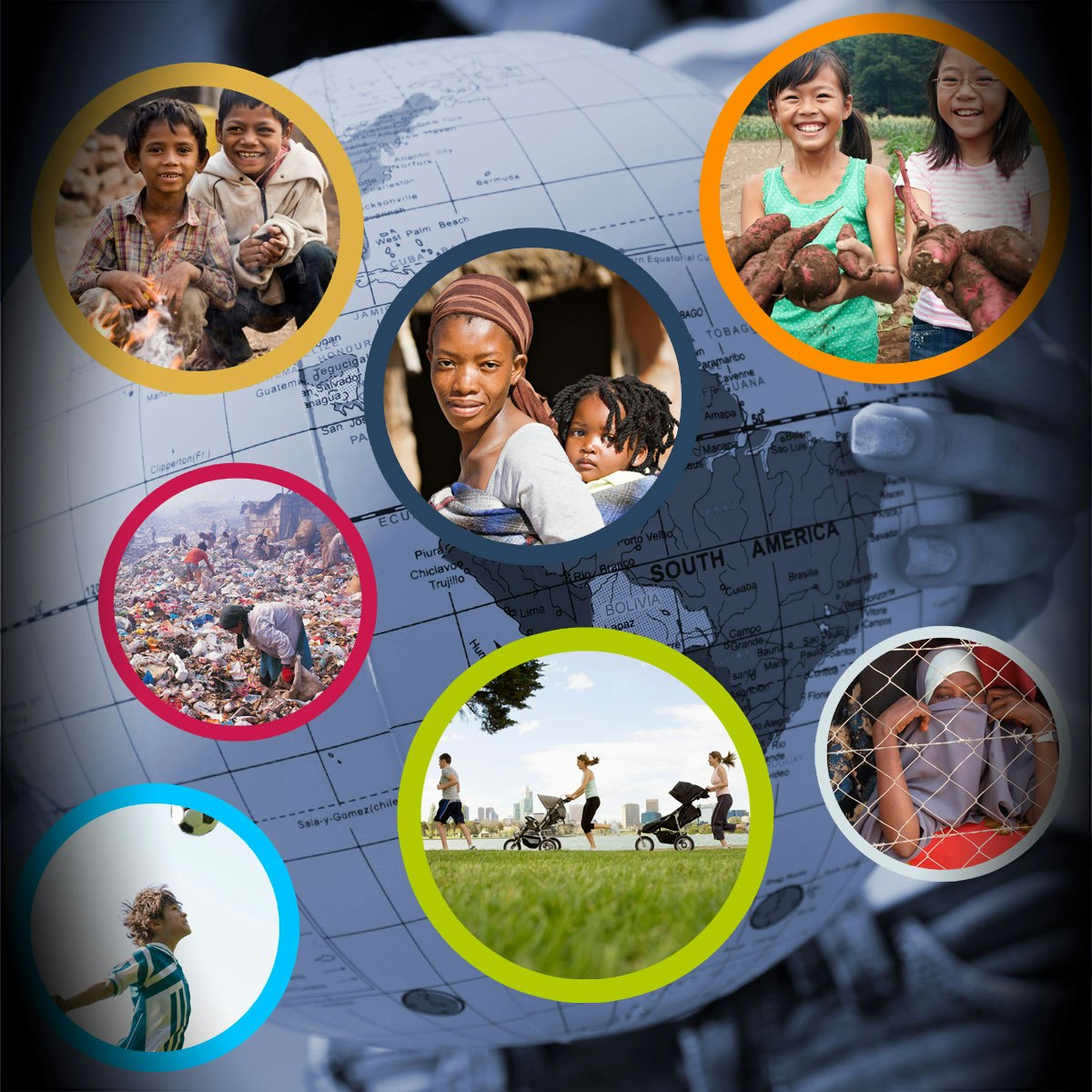

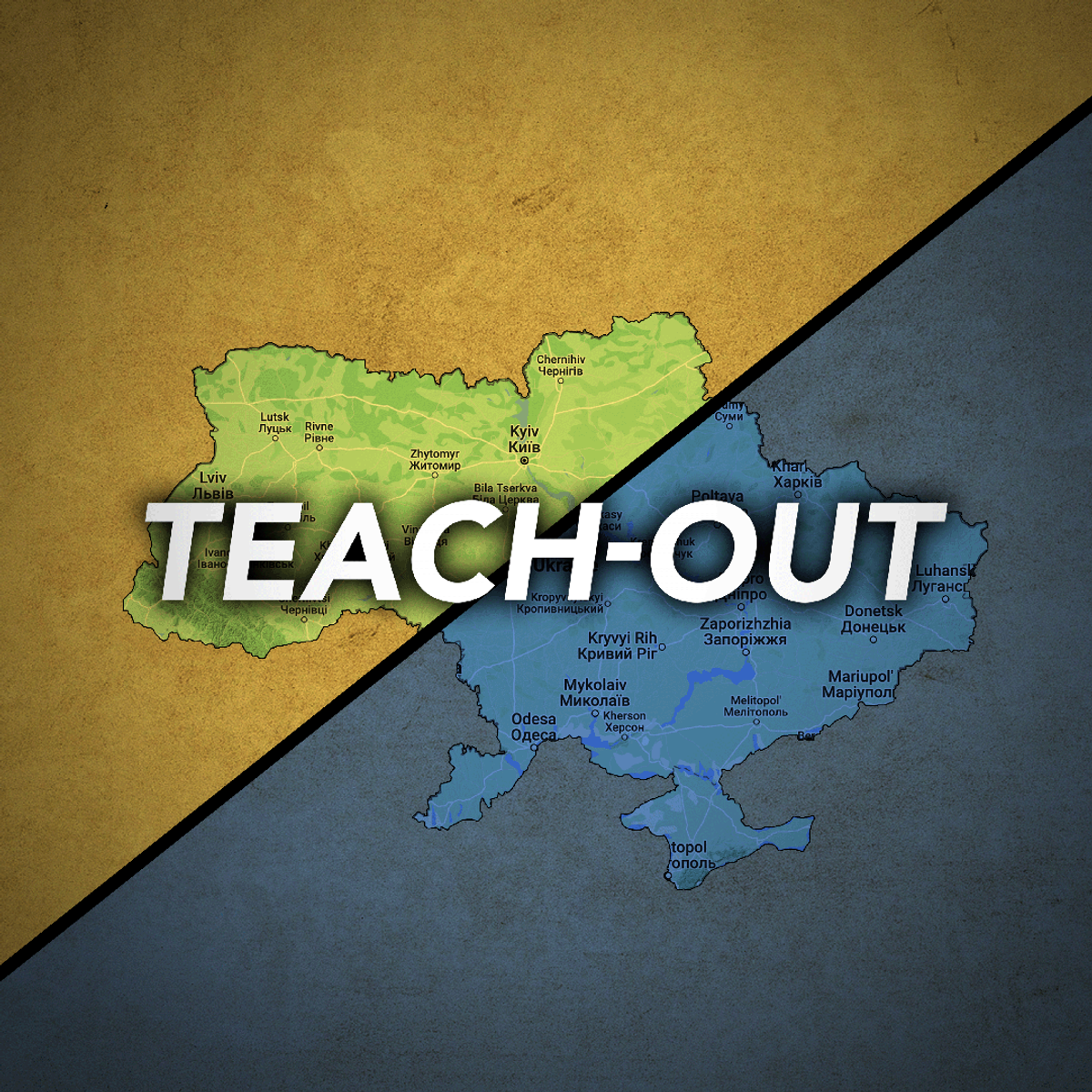
Social Sciences Courses - Page 45
Showing results 441-450 of 672

Water Supply and Sanitation Policy in Developing Countries Part 2: Developing Effective Interventions
Water Supply and Sanitation Policy in Developing Countries Part 2 is our second MOOC in a two-part sequence, and looks at ‘Developing Effective Interventions’. Here we invite you to develop analytical skills and deep understanding about a complex, controversial policy problem – one with no simple, easy answers. About half a billion people on our planet still lack access to improved water supplies and about two billion do not have improved sanitation services, leading to an unknown but very large number of avoidable deaths each year from water-related diseases. Millions of dollars are spent on avoidable health care expenditures, and people – mostly women – spend many billions of hours carrying water from sources outside the home. Reducing these costs is a major global challenge for us all in the 21st century. Join us to explore the challenging and complex political, economic, social, and technical dimensions of the policy interventions that donors, national governments and water utilities use to address this challenge. This second MOOC consists of the following seven sessions:
• Session 1: Introduction and how our ‘ancient instincts’ affect water policy interventions.
• Session 2: Planning better policy interventions: Roles, features and examples of planning protocols.
• Session 3: Water pricing, tariff design and subsidies.
• Session 4: Providing information to households and communities to improve water and sanitation conditions.
• Session 5: Changing the institutions that deliver water and sanitation services: Privatization in developing countries.
• Session 6: Changing institutions: Lessons from the UK water privatization story.
• Session 7: Changing institutions: Improving regulation of the water and sanitation sector.
Your instructors for this course have worked in and studied this sector for many years. Professor Dale Whittington has worked on water and sanitation policy and planning issues for over 40 years in more than two dozen low and middle-income countries. Dr Duncan Thomas has worked in the UK and European water sectors for 15 years, focusing on overcoming barriers to technological, organizational, regulatory and policy innovations.
Please watch this introductory video outlining the course: https://youtu.be/KkBmo3EKkkI

Understanding Korean Politics
This course will select six most outstanding issues in contemporary Korean politics and will engage in an in-depth, interactive inquiry of those issue. They include Korean politics in history, institutional setting of Korean politics, and dynamics of political culture in Korea, profiles of political leadership, myth and reality of the developmental state and the Korean economic miracle, and debates on Korean unification. The course will expose students to contending theories and empirical reality at first hand.
After completing this course, learners will be able to
1. Grasp the most salient and timely aspects of Korean politics..
2. Place South Korean politics in comparative perspectives.
3. Digest a delicate mix of theory and practice regarding Korean politics.
4. Come up with new interpretations of political development in South Korea.
5. Most importantly renew their genuine interests in Korea and Korean politics.

Privacy Law and HIPAA
What does it take to comply with privacy laws?
In this course, we’ll look at the practical aspects of navigating the complex landscape of privacy requirements. Better understanding privacy laws and data protection will enable you to protect your organization and the constituents that depend on your organization to safeguard their personal information. First, we will examine the historical context that drove the creation of laws, best practices, and other standards for protecting personal information. We will also consider where in the U.S. privacy laws exist and which sectors remain unregulated. Next, we will focus on the federal health privacy law, the Health Insurance Portability and Accountability Act of 1996 (HIPAA) – and what it takes to comply with it. How do you know the scope of the requirements? And once you know HIPAA applies, how do you actually put measures in place to ensure compliance?
We’ll explore the notion that one cannot have privacy without strong security and examine various models that promote the security of personal information. We’ll look closely at breach notification laws – one of the most significant drivers of change in organizations – and discuss strategies for the improvement of data protection overall. Lastly, we will look at international law, state law, the unique and important role of the Federal Trade Commission in protecting privacy. Most importantly, we get practical – we will discuss real-world, practical approaches to how compliance professionals can navigate the complex landscape of privacy requirements to best protect their organizations.

Value-Based Care: Reimbursement Models
COURSE 4 of 7. This course is designed to help you build high-level knowledge of the current medical coding and payment mechanisms of most U.S. healthcare services, referred to as fee-for-service. You will explore why the fee-for-service model has contributed to higher costs in the U.S. healthcare system without clearly improving health outcomes. You will examine the importance of coding to reflect chronic conditions and other diagnoses accurately and how value-based care and payments utilize these measures and data. As you learn about a model to replace fee-for-service, you’ll encounter a range of payment options considered to be value-based that utilize a framework from the Health Care Payment Learning and Action Network (HCP-LAN). To build on those options, you will learn how risk-adjustment, quality scores, and patient satisfaction measures are critical parts of value-based care and payment contracts. In the summative assignment, you will demonstrate your knowledge by comparing fee-for-service and value-based contracts, using specific examples to explain and justify the importance of documentation and coding, and identifying ways that risk-adjustment and patient satisfaction are incorporated into value-based care contracts.
CME Accreditation
The American Academy of Family Physicians (AAFP) has approved this course for Continuing Medical Education Prescribed Credits. Visit the FAQs for important information regarding 1) Term of approval and 2) Accreditation and Credit Designation statements.

How To Teach Us
Join High Tech High in this groundbreaking new course that follows the educational experiences of various students in our schools. We will will listen to them as they tell us How To Teach Us.

Information & Digital Literacy for University Success
This Specialization is aimed at preparing students for undergraduate study in an English-speaking university. The course equips you for full participation and engagement with your studies by building awareness and understanding of the core values and expectations of academic culture, and providing you with practical strategies to apply to your studies. In this course, you will learn how to develop your Information & Digital Literacy Skills to help you achieve success in your university studies. After completing this course, you will be able to:
1. Access and search for information efficiently and effectively using a variety of digital tools.
2. Critically evaluate the reliability of sources for an academic context.
3. Filter, manage and organize information from a wide variety of sources for use in academic study.
4. Demonstrate awareness of ethical issues related to academic integrity surrounding the access and use of information.
5. Understand how to use digital tools for referencing and attribution in order to avoid plagiarism.
6. Understand how to disseminate and communicate information in a professional way, including managing digital identity and building networks for learning and research.

Planning for Climate Change in African Cities
Climate change poses a threat to economic growth and long-term prosperity of many countries around the world. Africa is not an exception, considering the actual and potential impacts of climate change and climate variability that will threaten its vulnerable sectors and human populations. African countries are projected to experience changing rainfall patterns, rising sea levels, and higher temperatures that will affect food security, agricultural production, water availability, and public health, among others. These climate change impacts and climate variability can further produce social and political problems, such as rural-urban migration and water resource disputes.
Furthermore, the low levels of development in many African countries, as well as limited institutional, infrastructural, and technical capacities to respond successfully to climate change impacts and climate variability, can exacerbate the situation. In terms of contribution to greenhouse gas (GHG) emissions, although African countries are the lightest polluters, it has also become apparent that alternative energy sources can offset the increasing energy demand and dependence on biomass. Addressing climate change offers possibilities for low-carbon development. Moreover, there are promising mechanisms that can address both climate change actions and development goals simultaneously.
At the city level, strengthening resilience, or the ability to respond to and absorb the effects of a hazardous event in a timely and efficient manner and to sustain this ability in the future, and adaptation; the process of adjusting to actual or expected climate change stimuli or their effects, should be at the forefront of planning. Local governments have an important role to play through the provision of adequate infrastructure, regulation of land use, and other public services that are crucial for urban resilience. Mobilizing local governments, in collaboration with national governments, non-governmental organizations, and international organizations, among others, is also critical for an integrated multi-sectoral approach to climate change.
The Course on Planning for Climate Change in African Cities provides the foundation for understanding cities’ exposure and sensitivity to climate change, and how cities can manage these impacts in the face of growing uncertainty. It does so by introducing the basic concepts of urban resilience and adaptation, by using illustrative case studies in different African cities. Furthermore, this module provides lectures on the different approaches for climate change planning, whether ad hoc, strategic or mainstreaming; introduces the different steps in the planning cycle – from initial assessment to monitoring and evaluation; and presents the different decision support and assessment tools for prioritizing climate change actions. This course broadens the discussion on planning for climate change by engaging learners to apply their knowledge and practice their decision-making skills in a simulated exercise.
In line with development that minimizes the harm caused by climate change impacts, while maximizing the many human development opportunities presented by a more resilient future, we ask: what are the connections between urban risk and vulnerability? How is climate change and urban resilience conceptualized and applied in practice? Which policies and measures should be introduced to address climate change? Finally, how to choose among different measures that address climate change adaptation, urban resilience, and other development objectives?
Course Objectives:
At the end of this course, learners should be able to:
• Recognize the effects, impacts, and drivers of climate change in cities
• Understand the drivers of urban risk and vulnerability in the context of climate change
• Distinguish the typologies, approaches, and tensions of climate change adaptation
• Explain the different approaches and steps in climate change planning
• Examine the decision support and assessment tools for climate change
• Develop a climate change plan based on participants’ city contexts

Global Health: An Interdisciplinary Overview
This course proposes an overview of current global health challenges drawing on the insights of several academic disciplines including medicine, public health, law, economics, social sciences and humanities. This interdisciplinary approach will guide the student into seven critical topics in global health.

Writing and Editing: Revising
This fourth and final course in the “Good with Words: Writing and Editing” series will help you master perhaps the most important step in the writing process: revising. You’ll learn about the difference between editing and proofreading. You’ll practice “un-numbing the numbers” so that data and statistics you use are clear and compelling. And you’ll be introduced to a framework for giving and receiving feedback that helpfully systematizes what should be cut and what should be kept from each draft.
As with the other three courses in this series, you will also get access to a wide range of books and other resources you can use even after you finish the course. These include: (1) the readings and exercises provided to the students who have taken the in-person version of this course at the University of Michigan and the University of Chicago; (2) two digital libraries of excellent writing from a diverse collection of journalists, scientists, novelists, poets, historians, and entrepreneurs; and (3) a monthly “Good Sentences” email.

Russian Invasion of Ukraine Teach-Out
The armed conflict in Ukraine first started in the beginning of 2014, when Russia invaded and annexed the Ukrainian region of Crimea. Over the past eight years, there has been ongoing conflict between Ukraine and Russia, with regular shelling and skirmishes occurring along Russian and Ukrainian borders in the eastern part of the country. On February 24, 2022, Russia launched a full-scale military invasion of Ukraine, plunging the entire country into war and sending shockwaves across the world. With casualties mounting and over one million Ukrainians fleeing the country, the need for dialogue and de-escalation have never been higher. In this Teach-Out, you will learn from a diverse group of guest experts about the history and origins of war in Ukraine, its immediate and long-term impacts, and what you can do to support people in this growing humanitarian crisis. Specifically this Teach-Out will address the following questions:
- How did we get here? Why did Russia invade Ukraine?
- What historical and cultural contexts do we need to know about in order to understand this conflict?
- How is cyber and information warfare impacting the conflict in Ukraine?
- What can be done to stop this war?
- How can we support Ukrainian refugees and displaced peoples?
Popular Internships and Jobs by Categories
Find Jobs & Internships
Browse
© 2024 BoostGrad | All rights reserved